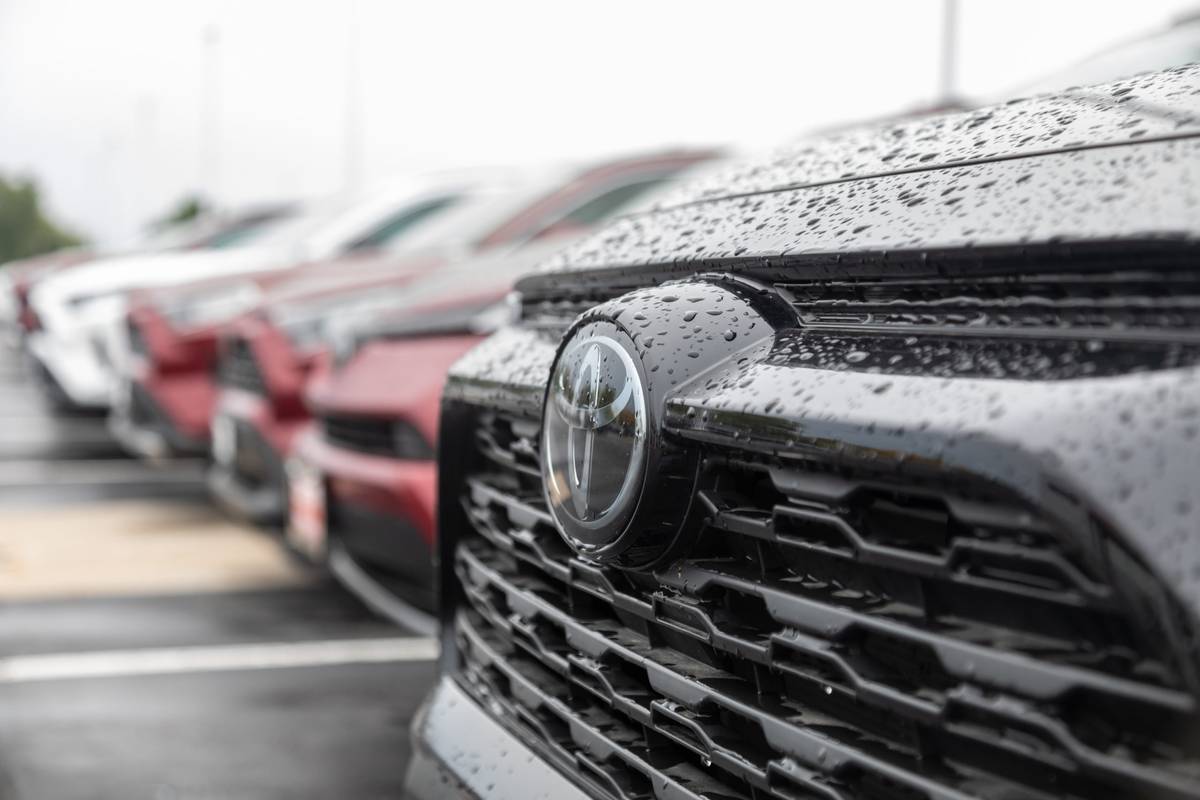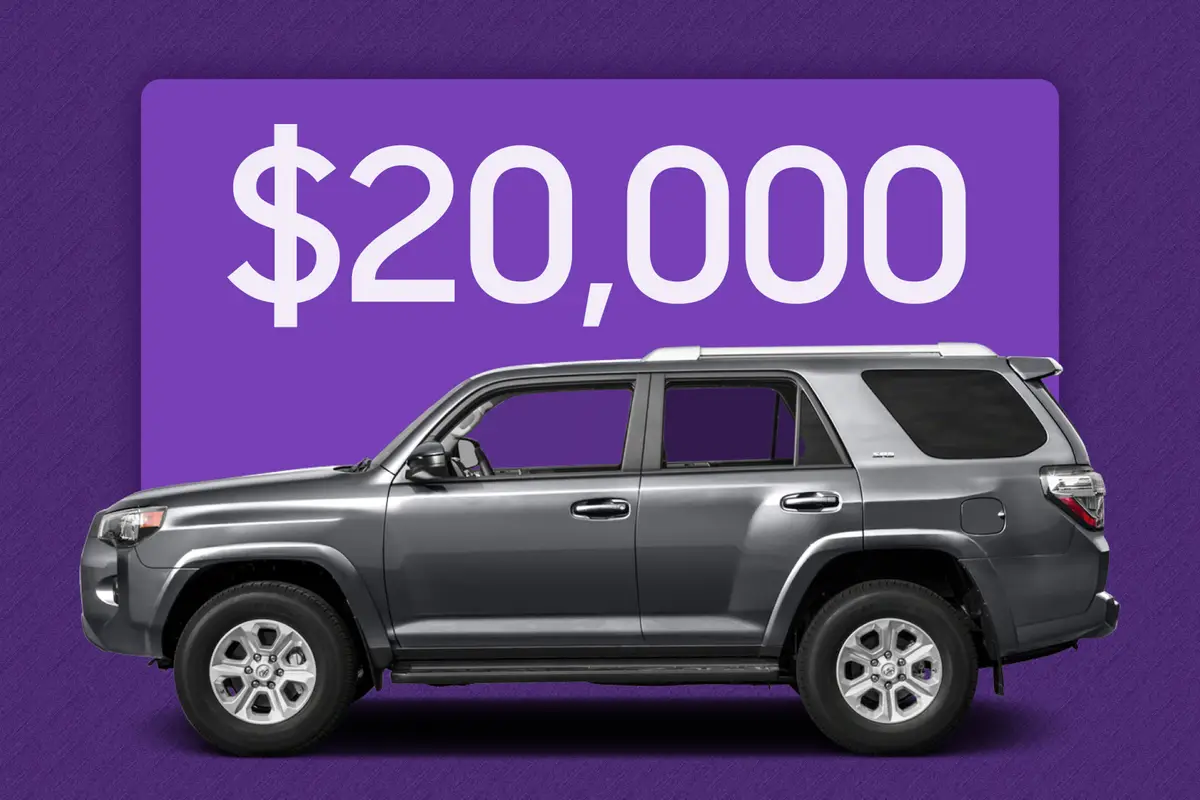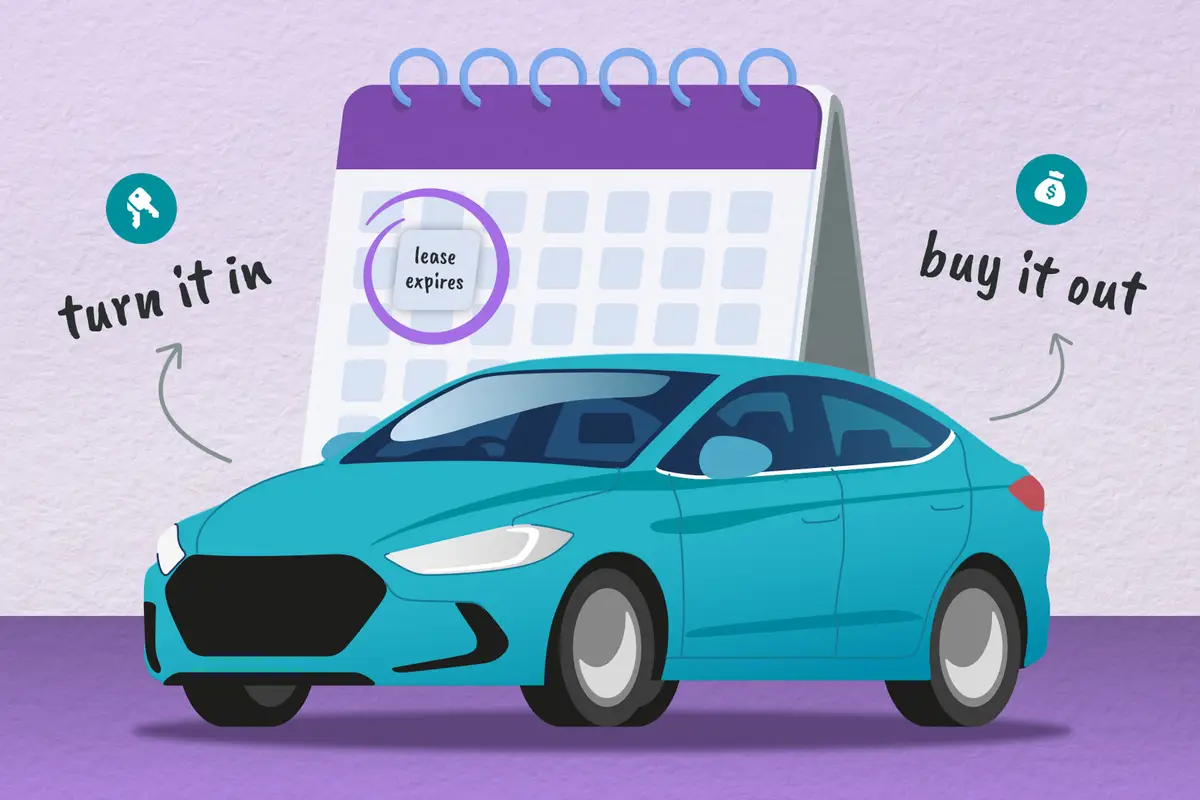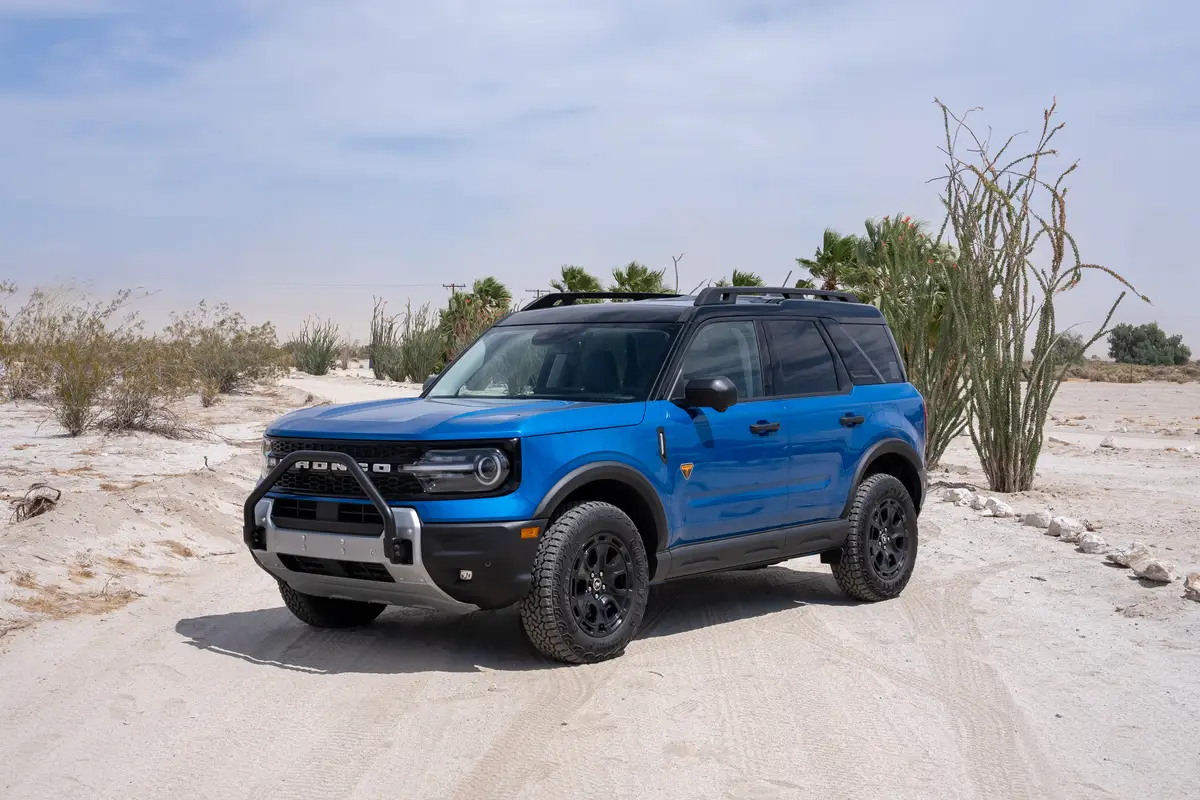How to Avoid Used-Car Scams

Along with the number of consumers conducting transactions online, internet fraud has increased during the past several years. Big-ticket transactions are a primary target, but that shouldn’t discourage you from selling your used car on your own. Go for it, but exercise caution and educate yourself about potential scams.
Related: Stopping Fraud in Car Sales
Below are two common ways consumers can be lured into a scam. (Note that Cars.com does not involve itself in the transaction between the car’s buyer and seller.)
Scams Involving Checks
In a typical vehicle scam, the scammer — who sometimes inquires from overseas — arranges to pay for the car with a cashier’s or certified check in an amount that’s more than the vehicle’s purchase price. The scammer justifies this by saying a previous vehicle sale fell through, or the extra money is needed to pay for shipping expenses or customs fees on the car. Note that the initial — and even, perhaps, all subsequent — contact from this type of scammer is via text message or email, with excuses provided for a lack of phone communication.
The scammer then asks the car’s seller to wire the difference either to him or to the shipping company to cover expenses. The scammer may also send a cashier’s check as a deposit, then decide to back out of the deal and ask the buyer to wire the funds back.
When asked to wire funds back to any buyer, just say no. It’s never a good idea to wire money to someone you don’t know because it’s an untraceable transaction. Avoid negotiating with anyone who proposes this kind of deal.
Third-Party Transaction Services
PayPal and Google Pay are examples of legitimate service providers for third-party transactions, but fake representations of these companies’ products are often used as a cover to commit fraud.
One common scam is for a fraudulent buyer to request purchase of a used car without ever seeing it, claiming it is “priced favorably.” Fraudulent buyers typically confirm the car’s asking price, ask for photographs and whether there have been any repairs to the vehicle. Upon the seller’s response, the fraudulent buyer then tells the seller that a particular third-party service is the most secure way to conduct online transactions and asks for the seller’s third-party service account details.
At this point, the scammer will often, as with the cashier’s check scam, explain that payment has been arranged in excess of the car’s selling price and instruct the seller to return the overpayment via Western Union, MoneyGram or another way. Unfortunately, the victim of this scam does not learn that the PayPal account or other third-party transaction was fake until after the successful money transfer of the overage.
Be sure to verify the identity of the seller as well as the payment method — PayPal or otherwise — before initiating a transaction, and avoid selling a car to anyone whose identity you can’t verify. Always exercise caution when anyone wishes to purchase your car without seeing it or negotiating on the price, as it could be a scam.
Report Fraud
If you have any concerns about the legitimacy of a transaction process or a car buyer, please contact the Cars.com Fraud Prevention team at reportascam@cars.com.
More From Cars.com:
- How to Sell Your Car Privately: 5 Tips to Simplify the Process
- Should You Trade in Your Car or Sell It Privately?
- How Do I Sell an Older Car?
- First-Time Buyers: How to Sell Your Car
- More Car Shopping Advice
Related Video:
Cars.com’s Editorial department is your source for automotive news and reviews. In line with Cars.com’s long-standing ethics policy, editors and reviewers don’t accept gifts or free trips from automakers. The Editorial department is independent of Cars.com’s advertising, sales and sponsored content departments.
Featured stories




